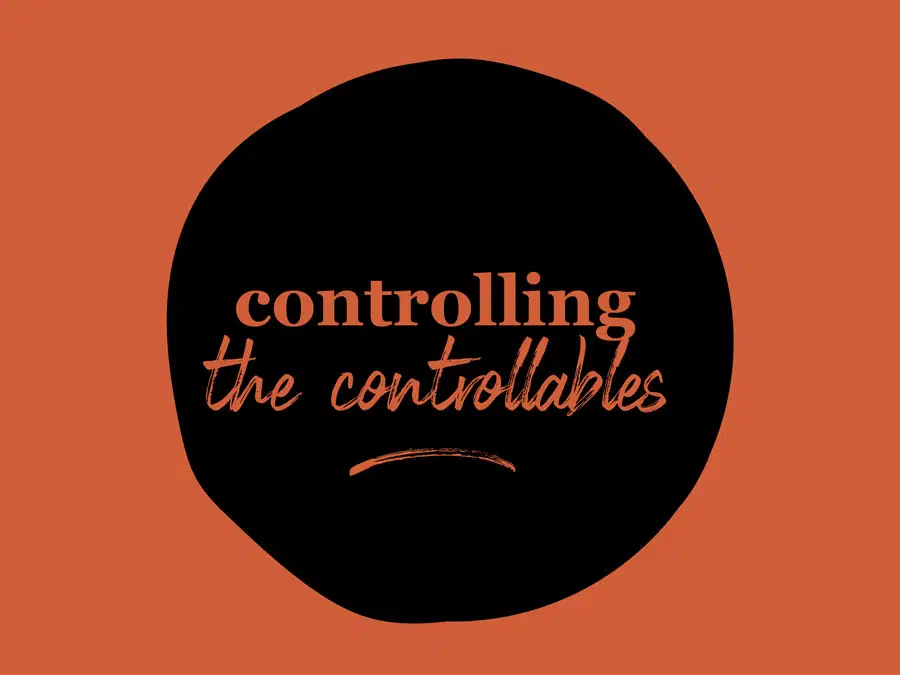The last few years have thrown punch after punch at our way of living, which has left many of us in the lurch as we try to find our feet in new situations. Having spent the best part of the last two and a half years inside, this year has seen many people re-emerge and attempt to resume normal living, only to be faced with another range of obstacles; this year’s cold and flu season has sent many people back to working from home, while an increasing number of workplaces are moving online as well. At the same time, ongoing travel restrictions are still in place while the flights that are allowed seem to be lucky to get off the tarmac, meaning that many are still unable to see family and friends, or even just take a well-needed holiday. Coupling these changes with the demands and deadlines of everyday work can leave us with a daunting sense that we lack control over our lives.
Personally, my biggest challenge faced over the last few years came in March of 2020 when COVID first reared its ugly head. We were 2 weeks away from the start of our footy season, having trained together for 3 months over summer in preparation when the VFL season was postponed. The next 2 months were full of uncertainty as we went in and out of lockdowns, and in and out of training as a result. It was clear that all of us were losing motivation to keep training as it looked more and more likely the season would be cancelled – a stressful thought for many of us who hadn’t missed a season in over 10 years, and who relied on footy as an outlet and chance to connect with mates. Unsure of what our future looked like, our coach’s message to us was simple; control what you can control.
While it may seem obvious to say that some things are out of our control, we certainly still tend to worry – consciously or not – about what we cannot change. One of the first steps to mitigating this stress is to be aware of our stressors and how we can influence them. This is where the power of mindfulness comes in. Now, there are a range of mindfulness techniques that help to focus our attention on ourselves, with one being journalling. Like venting to a friend, keeping a daily written journal allows us to identify our current emotions and stressors, as well as which of these are within our control. This can be particularly helpful when we become bogged down with several sources of stress clouding our focus. Using my entries from May 2020 as an example, my stress was a result of more potential lockdowns coupled with concerns that I wouldn’t be match-ready should the season manage to resume. While I had no influence over the lockdowns, I identified that I could control what I ate and how I slept in order to train at my best – again obvious, but not fully appreciated until I could see it written in front of me.
Another common mindfulness technique – and by far my favourite – is breathwork. Breathwork can be done anywhere and takes several forms, ranging from 3 slow, deep breaths to 30-minute guided meditation and body scan programs. It is designed to bring our attention back to slowing our breathing rate, which in turn reduces our heart rate and allows us to relax for a moment. Reducing stress in this way allows us to then focus on our current situation and work towards removing the controllable stressors. Not only is breathwork useful for relaxation during periods of stress, but the act of focusing on our breathing also improves our brain’s ability to stay focused on other tasks, helping us to remove future stress before it builds up. For more information and mindfulness activities, see here.
It is inevitable that we all face stress at some point in our lives – this is well out of our control. What we can control is the strategies we have in place to deal with stressors as they arise and accumulate, particularly as the world around us continues to change.
